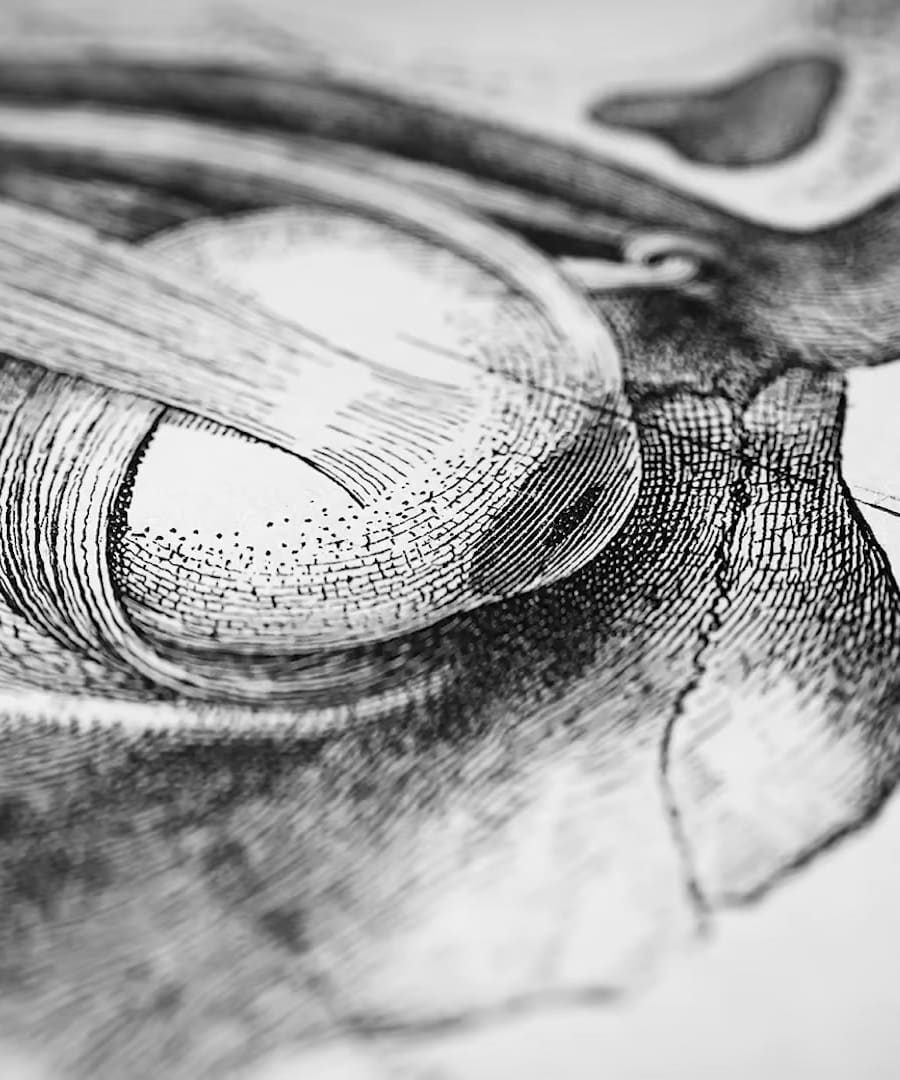What's the benefit of journaling?
Sources:
Journaling has numerous benefits, as described by on the . Here are some key points:
- Mental and Physical Health Improvement: Journaling, especially a specific method supported by more than 200 peer-reviewed studies, can lower anxiety, improve sleep, and boost immunity. It also helps with symptoms of autoimmune disorders and can enhance memory and decision making 1.
- Stress and Trauma Processing: Writing for 15 to 30 minutes about stressful or traumatic episodes can lead to positive shifts in mental and physical health and accelerate progress through therapy 2.
- Emotion Regulation: By expressing truths about experiences and associated emotions, journaling induces neuroplasticity, allowing for emotional processing and rehabilitation 2.
- Prompting Neuroplasticity: The act of writing about facts and emotions related to difficult experiences can prompt beneficial neuroplastic changes in the brain, thus aiding in healing 3.
- Expedited Therapy: This form of journaling has been shown to hasten improvements in mental wellness and therapy outcomes for conditions like depression and PTSD 2.
It's essential to include facts about the event, emotions felt during and about the event currently, and any connections that come to mind. This protocol is personal and ideally not to be shared, except potentially with a mental health professional due to the risk of causing distress to non-professionals 4. Overall, journaling can be a powerful tool for working through difficult emotions and improving mental wellness 3.
RELATED QUESTIONSShow me research on journaling and mental health.
Sources:
The research on journaling and mental health, as discussed by , centers around a specific journaling protocol that has been scientifically validated. This method has been backed by more than 200 peer-reviewed studies and has demonstrated significant improvements in mental and physical health. Key findings include:
- Reduction in symptoms of anxiety, improvement in sleep quality, and boosts in immunity 1.
- Enhancements in everyday living, such as improved memory and decision-making capabilities 1.
- Accelerated progress in therapy, particularly for depression and PTSD, when combined with this journaling method 2.
- Positive shifts in health metrics following the writing exercises, shown in studies that included blood draws before and after subjects completed the journaling 3.
The origins of this research began with Dr. James Pennebaker, who was meticulous in studying the specific types of changes that occur when journaling is done in a particular way. These studies have included participants from various backgrounds, including students, the general population, veterans, and different age groups 4.
The protocol involves writing about one's deepest thoughts and feelings regarding the most upsetting experiences in their life. The instructions guide individuals to explore how these experiences relate to their past, present, and future self 5. This intensive journaling approach is said to induce neuroplastic changes, leading to healing and improved mental health 2.
For those interested in the details of the specific studies and the broader context of this research, additional resources and links were provided in the episode titled "A Science-Supported Journaling Protocol to Improve Mental & Physical Health" 4.
RELATED QUESTIONS






